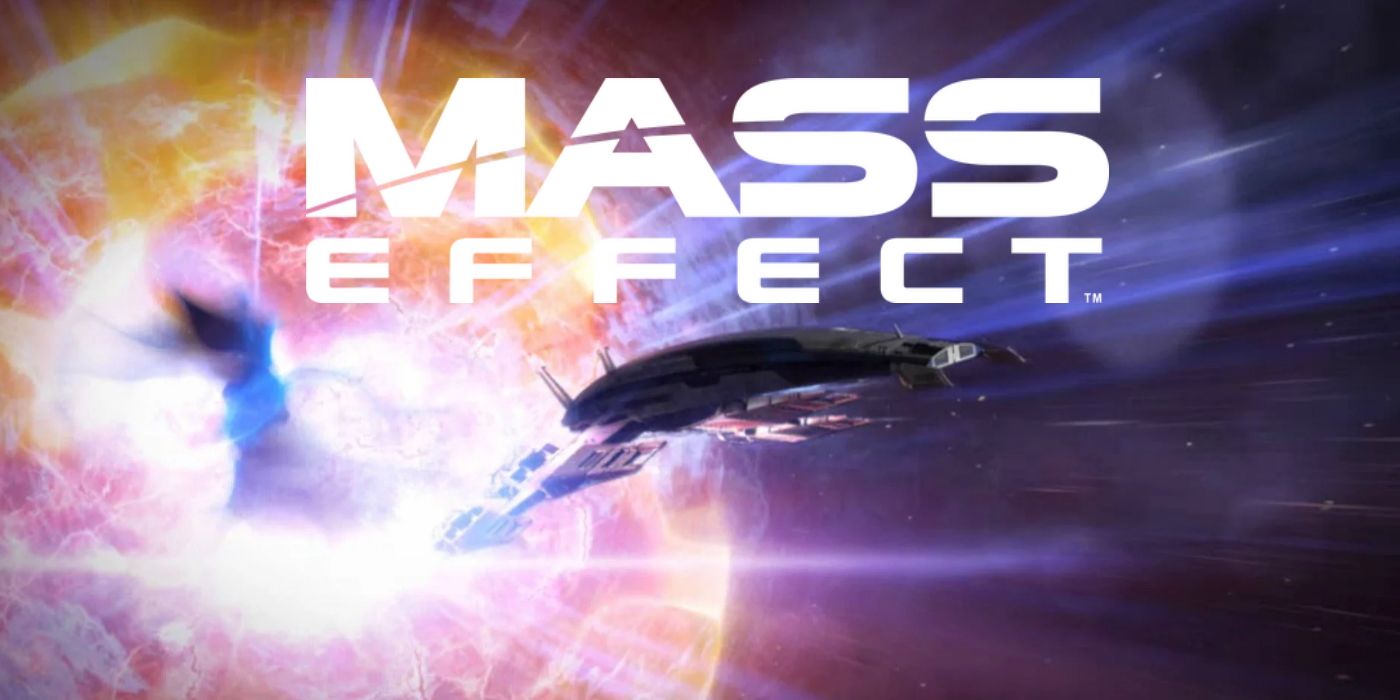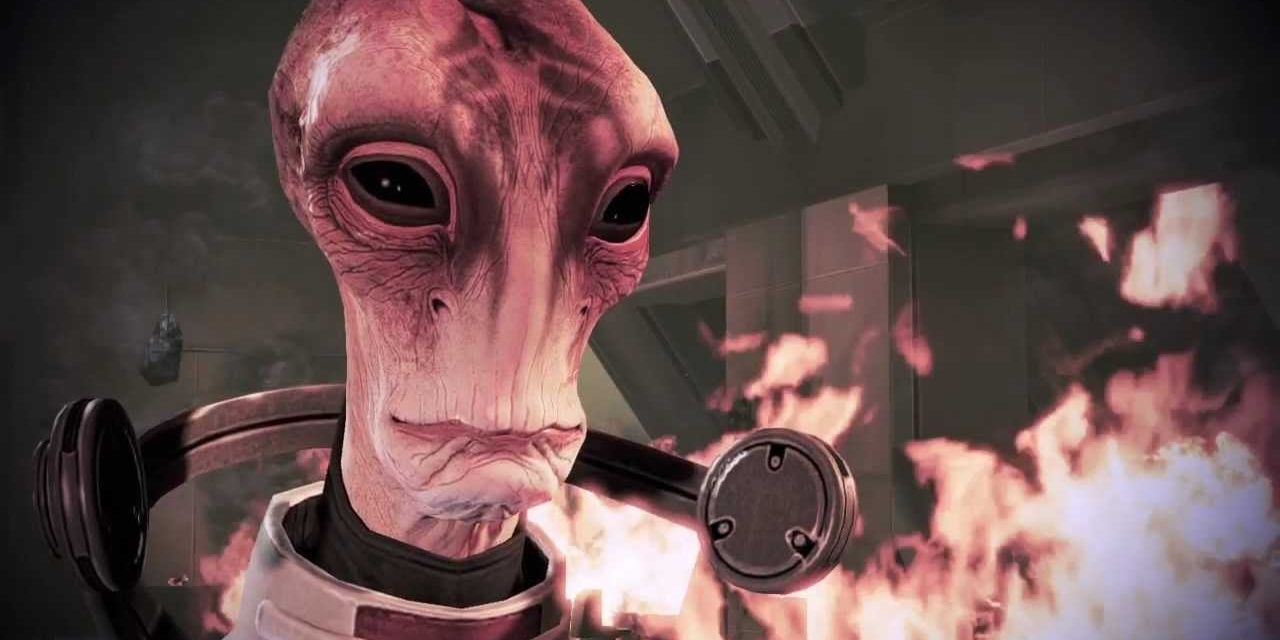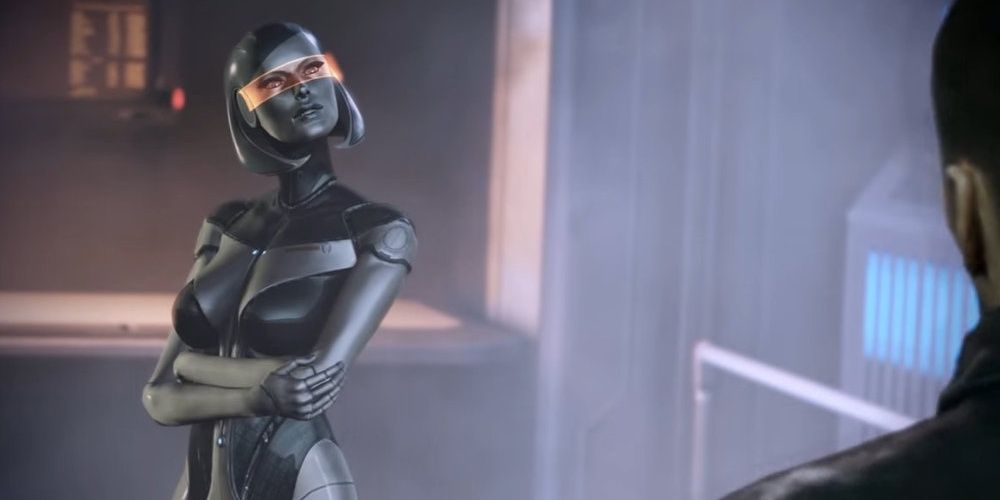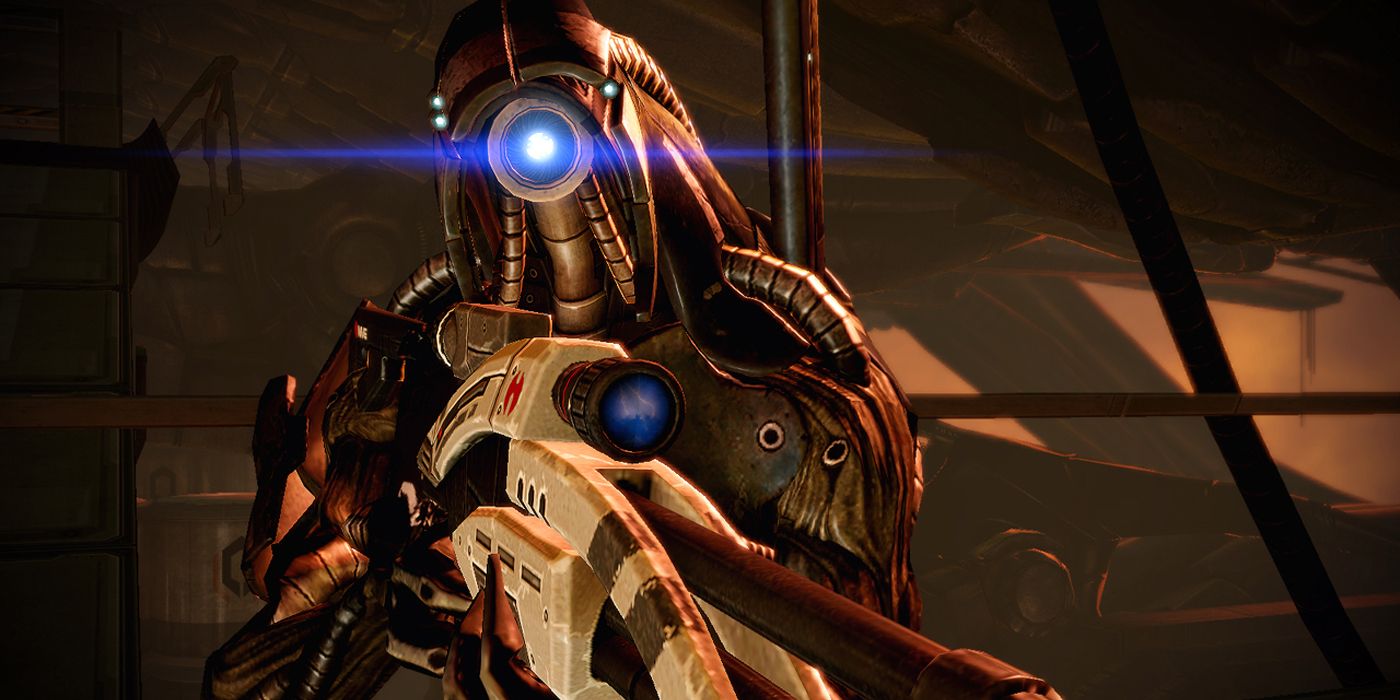
The next chapter in the Mass Effect series, known for now as Mass Effect 4, is in development at BioWare. Announced at The Game Awards 2020, the trailer strongly hinted at a return to the Milky Way, with familiar faces like Liara T’Soni making an appearance.
It’s even implied that Shepard could be making a return as the player character of Mass Effect 4. However, the trailer also suggests that certain optional parts of the original Mass Effect trilogy will be made canon to give the new game a strong story foundation to launch from. As a result there are some characters who can survive the entire original trilogy, but who will likely be canonically dead in Mass Effect 4.
RELATED: Mass Effect: Andromeda's Jaal Romance is the Most Sincere of All

Mordin Solus’ death comes after one of Mass Effect 3's toughest decisions, but as a result it’s also completely optional. In most playthroughs Mordin will sacrifice himself to cure the Genophage. The Genophage is the biological weapon which keeps Krogan birthrates extremely low. During the Rachni Wars the Krogan’s extremely fast breeding helped ensure victory for the Citadel races, but the ensuing Krogan Rebellions saw the creation of the Genophage to prevent them becoming an even bigger threat than the Rachni. Mordin had a hand in creating a new version of the bioweapon that would help ensure that the Genophage lasted long into the future.
Mordin’s sacrifice is one of Mass Effect 3’s most heartbreaking moments, but it’s also a moment of redemption. After years of using his scientific genius for morally questionable ends, Mordin loses his life ensuring a future for the very species he helped oppress. With the Salarian singing his own version of a Gilbert and Sullivan song from Mass Effect 2, his death is one of the trilogy’s most effective emotional moments.
However, it’s also possible to save Mordin’s life. If players killed Wrex on Virmire in Mass Effect 1, destroy Maelon’s Genophage data during Mordin's loyalty mission in Mass Effect 2, and then choose the right dialogue options in Mass Effect 3, they can reverse his fate. Mordin will not cure the Genophage, but will let the Krogan believe it has been cured to ensure their help against the Reapers. If the player then chooses the Synthesis ending to Mass Effect 3 during the game’s final moments, the Genophage will be cured anyway without the need for Mordin’s sacrifice. However, there are reasons it’s very likely he will canonically have died to cure the Genophage.
Mordin’s sacrifice is a great realization of his arc over the series and one of Mass Effect 3’s most emotional moments, making it likely to be canon as far as Mass Effect 4 is concerned. The Game Awards 2020 trailer suggests that Shepard didn’t choose the Synthesis ending. In fact, all signs point to the Destroy Ending being canon, which means that Mordin’s sacrifice will likely have to be the cause of the Genophage’s cure by the time of Mass Effect 4. The Destroy Ending also has implications for two other key characters.
RELATED: Mass Effect Andromeda Cut 10 New Alien Races Due to Budget, Scope, and Cosplay

If the Destroy Ending is canon, EDI, the Normandy’s AI and Joker’s love interest is almost certainly dead. The Destroy Ending wipes out all synthetic life in the galaxy, including the Reapers and all AI. This could lead to some very interesting interactions between Shepard and Joker if the Commander is reunited with their pilot in the next Mass Effect.
It’s not clear yet if Mass Effect 4 will only take certain elements of the Destroy Ending, or will fully commit to all of its implications. It’s also unknown if the species of the Milky Way galaxy will begin rebuilding their AI after the defeat of the Reapers, which could be a way for EDI to return. If nothing else, an image released by BioWare already suggests that humanity is rebuilding its own Mass Relays, which the Destroy Ending also destroyed.
There’s another reason that EDI may be unlikely to appear. Even in 2012, the body EDI transfers herself into to become one of Mass Effect 3's companions was considered questionably designed by many players and critics. A character who was once a disembodied voice, an abstract being of pure intelligence with an acerbic wit, is transferred into a ridiculously sexualized robot body that could be straight out of an Austin Powers movie. It’s an unfortunate aspect of Mass Effect 3 that should probably be left behind in the 2020s, even if a new version of EDI is able to return in some form in Mass Effect 4.

One of the saddest losses that the potential canonization of the Destroy Ending implies is the destruction of the entire Geth species, including player companion Legion. For players who were finally able to create some level of understanding between the Geth and their creators, the Quarians, this could be considered one of the single biggest sacrifices Shepard chose to make at the end of Mass Effect 3.
In one sense, the Geth are only a single being - a hivemind spread across many bodies, hence Legion’s name, taken form the Bible quote “my name is Legion, for we are many." Nonetheless, the realization from Mass Effect 1 to Mass Effect 3 that the Geth are far from the dangerous and malicious force than the Citadel thinks is one of the most interesting reveals across the original trilogy.
Unfortunately, however, the death of Legion and the Geth may be a necessary part of Mass Effect 4 if making the Destroy Ending canon is the best way to create a solid foundation for telling future stories in the Milky Way. Many fans, however, will be sad to see the Geth go, especially since their destruction could feel sidelined since it isn’t shown in the epilogue of Mass Effect 3. Despite the losses, Liara’s return opens the door for many more fan-favorite characters finding a future in the next chapter of Mass Effect.
A new Mass Effect is currently in development by BioWare.

